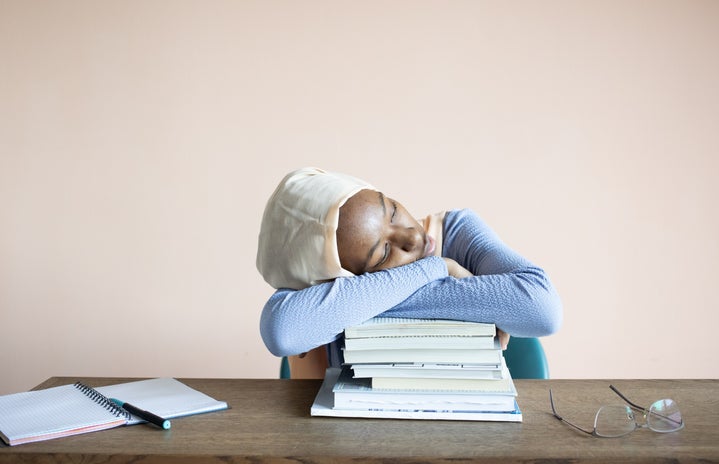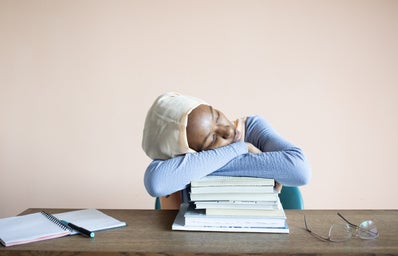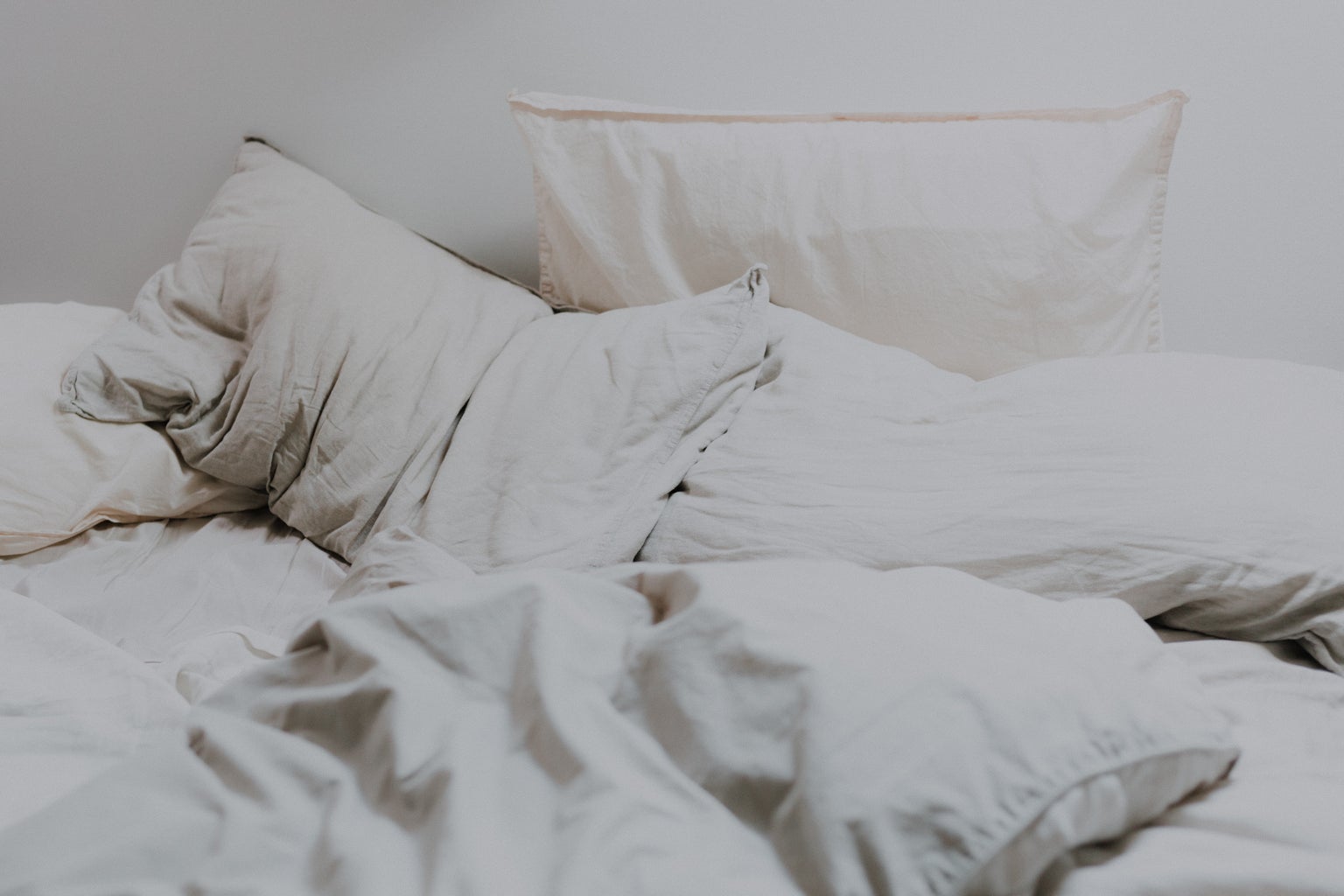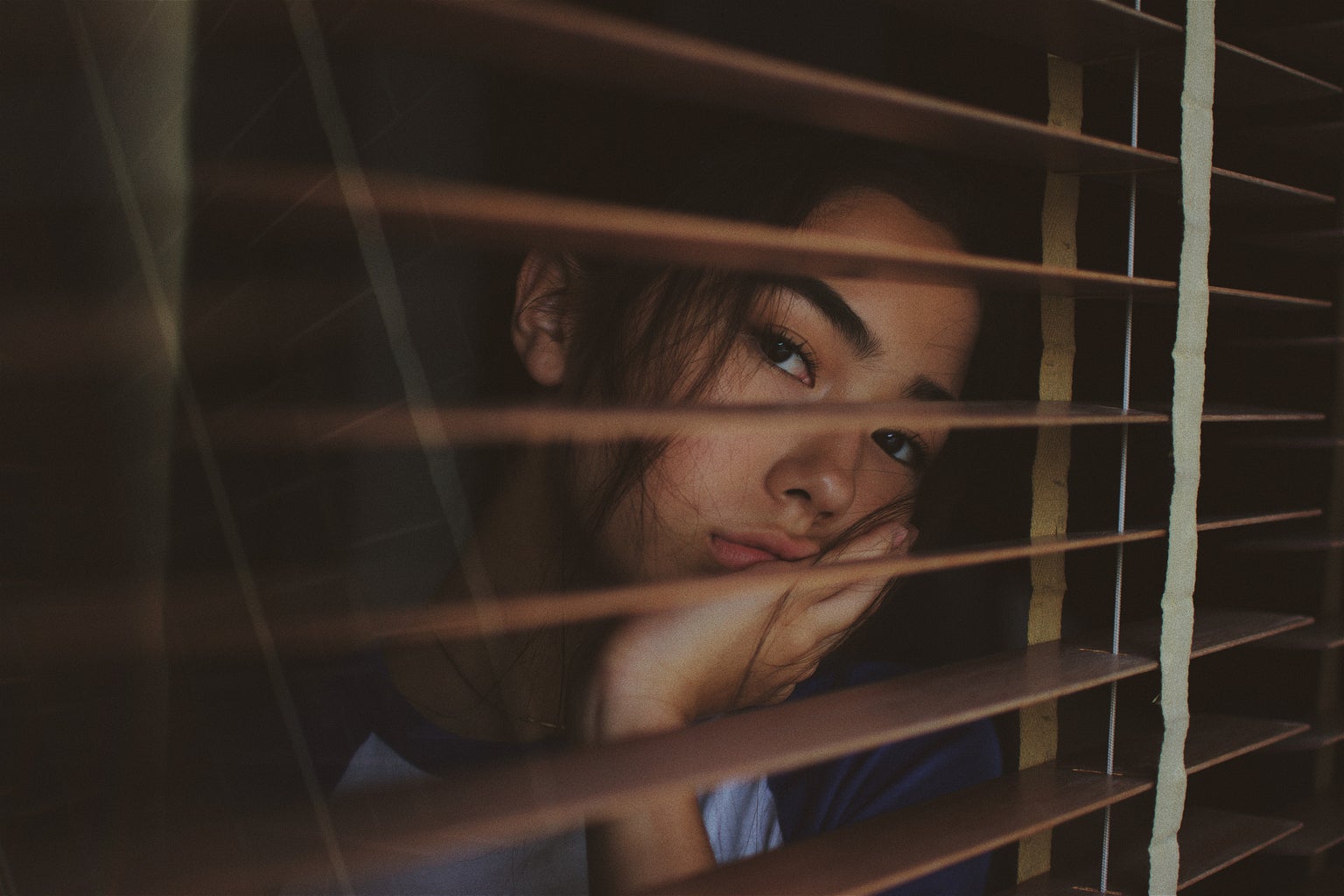Sleep deprivation is a part of college culture. We’re up all night partying or studying for midterms, and we’re constantly glorifying our caffeine addictions. We wear our fatigue like a badge of honor to show that we’re working hard, but there comes a point where we need to step back and understand the consequences of our actions: sleep deprivation is affecting our waking hours. It’s only the afternoon, but I’m tired—and you probably are too.
There are a host of reasons we’re so fatigued. It could be poor nutrition or a sleep disorder. It could be stress about a personal situation or stress about the world falling apart at the hands of a pandemic. But one of the biggest contributors to daytime lethargy that has haunted us even before our pandemic days is simply sleep deprivation. College students should aim for around eights hours of sleep, but according to one study from the Nature and Science of Sleep, more than 70 percent of college students reported obtaining less than that amount.
Sleep deprivation is caused by a consistent lack of sleep or reduced quality of sleep. It has a way of affecting our functions throughout the day. If you catch yourself feeling drowsy during the day after a long week with little sleep, you’re probably sleep-deprived. In one study, around 60 percent of students reported feeling tired throughout the day at least three days a week. Some of this is caused by our bad habits while some of it is caused by the circumstances of just being a college student. But being aware of the problem and understanding that you’re sleep deprived is the first step towards better sleep hygiene.
Besides feeling tired and lethargic all day, sleep deprivation can lead to many problems including forgetfulness, underperformance in academics, poor concentration, irritability and more. It’s important to first recognize the causes that lead us down this fatal road in order for us to fix our sleep schedules.
Causes of sleep deprivation
1. Staying up late. One of the main causes of sleep deprivation is pretty simple: we sleep too late. Going to bed at a late time can be attributed to a number of reasons. For starters, we’re overworked. We attend a competitive school, and we have the tendency to bite off more than we can chew. We take challenging classes, attend club meetings and make time to socialize. On top of that, some of us are working jobs in order to build our resumes or just to sustain ourselves financially. According to one study, more students are employed than in previous decades, and students are working more hours. A packed schedule makes it difficult to accomplish all of our tasks in 24 hours. As a result, we end up staying up way too late or even pulling all-nighters to get things done. However, this isn’t the only reason students stay up late. A lot of the time, they’re also up partying or hanging out with their friends. Those late-night adventures are some of the most memorable experiences in college, but making a habit of staying up late will catch up to you in the long run.
2. Drinking too many caffeinated drinks. Nothing screams college like a student rushing to lecture, coffee in hand. Caffeine has become a campus essential for staying energized and for rewarding yourself with something tasty. In moderation, drinks like coffee have a wealth of health benefits, and they do leave you feeling refreshed and energized. However, some students consume way too much caffeine and the adverse effects manifest in sleep deprivation. Too often we find ourselves chugging canned coffee and energy drinks in order to cram for a midterm or finish an assignment. But while caffeine may make you feel awake in the moment, it’s not an adequate substitute for sleep, which has biological functions including tissue repair. Too much caffeine or drinking a caffeinated drink at the wrong time can also disrupt your sleep schedule. If you down a coffee right before bed because you’re working on a project, chances are you’ll have difficulty falling asleep or remaining asleep until the effects of caffeine wear off.
3. Using technology before bed. I know. It’s a habit that’s hard to break. I’m usually checking messages or scrolling through Twitter before I head to bed, but researchers have stated time and time again that using tech before bed is detrimental if you want quality sleep. Studies have shown that exposure to blue wavelength light suppresses melatonin production and causes neurological arousal, so even if you’re ready to head to bed you’ll feel too awake to fall asleep.
4. Dealing with mental health problems. Sometimes sleep deprivation is attributed to something psychological or biological rather than behavioral. Sleep and mental health go hand-in-hand, and a declining quality in one quickly leads to a declining quality in the other. According to Harvard Health Publishing, people with mental health problems are more likely to have insomnia or some other type of sleep disorder. But because a poor sleep schedule also worsens mental health, some students feel that they’re caught in a vicious cycle.
However, all is not lost. As crazy as college is, there are ways for us to improve our sleep habits. We just need to make the decision to act. There are going to be nights where you’re just going to have to pull that all-nighter, but we don’t need to make a lifestyle out of sleep deprivation. Here are some actions to consider if we want to start feeling more awake during our day.
Tips for better sleep hygiene
1. Take it easy (or at least easier). If you’re like me and you have a tendency to bite off more than you can chew, this piece of advice is hard to follow. At a competitive university like UCLA, a lot of us feel compelled to pile on the workload, but sometimes we do more than we can handle. College culture has the tendency to glorify sleep deprivation and overworking because students think these signify high achievement. We must be wary of falling into such a dangerous trap. If you’re giving yourself too much to do in a single day, maybe you need to take it easy, or at least a little easier. I’m not saying to quit your job and take 12 units, but maybe you don’t need to join five or six clubs when you can dedicate yourself to one or two. It’s important to take care of your mental and physical health if you want to perform your best. A study on Massachusetts Institute of Technology students concluded that better sleep leads to better grades.
2. Reach out for help. If you think your sleep problems are a result of a sleep disorder or a mental health problem, consider reaching out to someone who can help. UCLA Counseling & Psychological Services has a variety of services and resources for students from short-term counseling and psychotherapy to group treatments. It takes courage to ask for help when you’re struggling. Things might not get better right away but reaching out to the resources available to you is the first step towards healing.
3. Be consistent with your sleep schedule. Everyone’s schedule looks different, but an important action for improving your sleep hygiene is developing a consistent sleep schedule. This means going to bed and waking up at the same, even on the weekends. A consistent sleep schedule is essential because it maintains the timing of the body’s internal clock. This also makes it easier to fall asleep and wake up quickly. Now, there are going to be nights where you’ll break your regular sleep schedule, whether it’s because you were out late with friends or because you were finishing up an assignment that’s due the next day, and that’s okay. A consistent sleep schedule isn’t something to stress over.
In addition to stress about your future and financial debt, sleep deprivation appears to just come with the college package. Even right now, I’m writing this article on three hours of sleep and a Rockstar at my right hand to keep me going. But just because it’s normal to be tired all of the time doesn’t mean we have to stay that way. It’s possible to take concrete steps towards having better sleep hygiene. For some, it may be harder, but we all have the choice to take care of ourselves—and we should. We shouldn’t have to choose school or work over our bodies. I know it’s hard. I’m just as sleep-deprived as you, but we need to untangle ourselves from the idea that our sleep doesn’t matter.
Studies Referenced:
Shelley D. Hershner and Ronald D. Chervin (2014). Causes and consequences of sleepiness among college students. National Center for Biotechnology Information.
Jennifer Logan, Traci Hughes and Brian Logan (2015). Overworked? An Observation of the Relationship Between Student Employment and Academic Performance. Sage Journals.
Ari Schechter, Elijah Wookhyun Kim, Marie-Pierre St-Onge and Andrew J. Westwood (2017). Blocking nocturnal blue light for insomnia: A randomized controlled trial. National Center for Biotechnology Information.
Kana Okano, Jakub R. Kaczmarzyk, Neha Dave, John D.E. Gabrieli and Jeffrey C. Grossman (2019). Sleep quality, duration, and consistency are associated with better academic performance in college students. National Center for Biotechnology Information.





